As a college student, it can often be difficult balancing your studies with your social and personal commitments. Sometimes, you might even have to sacrifice a good night’s sleep or a day out with friends in order to satisfy your seemingly endless obligations.
The importance of developing healthy habits early in life, however, cannot be understated. Although sacrifices must sometimes be made, it is imperative that you find a balance between your obligations that allows you to live a fulfilled, healthy life while still pursuing your personal, professional, and academic goals.
A Healthy Diet
 Face it. Sometimes it can seem like you not only lack time to eat healthy, but lack time to eat altogether. Eating healthy and eating conveniently, however, do not have to be mutually exclusive. Eating healthy is the first step to living a healthy lifestyle. You will want to always follow a healthy lifestyle in order to avoid regular visits to a local urgent care near you.
Face it. Sometimes it can seem like you not only lack time to eat healthy, but lack time to eat altogether. Eating healthy and eating conveniently, however, do not have to be mutually exclusive. Eating healthy is the first step to living a healthy lifestyle. You will want to always follow a healthy lifestyle in order to avoid regular visits to a local urgent care near you.
A healthy diet consists of fresh, minimally-processed foods that offer you a balanced array of fruits, vegetables, proteins, grains, dairies, and other foods. Although most people stand to benefit from tracking their caloric and nutritional intake,
It is also important to avoid skipping meals. As a student, managing daily classes with homework, work, and a social life in between can leave you with little time for much else. To avoid missing meals throughout your school or work day, we suggest meal preparation over the weekend. On Sunday, before your week begins, prepare a large dish of your favorite healthy meal and portion it out into containers – one for each day of your school and work week. Easy meals to prepare include a serving of whole wheat pasta tossed with olive oil and a side of vegetables, fresh vegetables and crackers paired with hummus dip, or pre-portioned dry smoothie ingredients such as fruit and spinach that can be blended quickly with juice or almond milk to drink on your way to class.
Regular Exercise
Along with sleep and diet, consistent exercise is one crucial key to overall mental and physical health. The Department of Health and Human Services recommends at least 75-150 minutes of dedicated aerobic exercise per week, supplemented by strength training or other anaerobic activities. Although it can be difficult finding time to work out amidst a packed schedule, we recommend exercising at a consistent time every week to help you build healthy habits. Finally, we suggest choosing healthier options throughout the week, such as taking the stairs instead of the elevator, to help supplement your weekly exercise.
Get The Right Amount Of Sleep:
As a college student, sleeping consistently is sometimes not your top priority. On top of writing papers, studying for exams, working, and balancing your social life, sleep can seem almost unattainable. Getting a good night’s sleep, however, will improve your stamina and keep your mind alert during the day. Experts recommend that college students should have 7 to 9 hours of sleep each night. Although that might seem impossible, sleeping consistently each night will help you build healthy, easy-to-maintain habits that will positively benefit your personal, professional, and academic life. Before going to bed, we recommend fasting for at least an hour and minimizing electronic distractions, such as your phone and TV, for at least fifteen minutes before closing your eyes. Some people find that exercising before an hour or two before bedtime helps them fall asleep, while others find that a hot cup of decaffeinated tea or calming music does the trick. The key is finding a routine that fits your life, and sticking to it.
Take measures to help prevent illness:
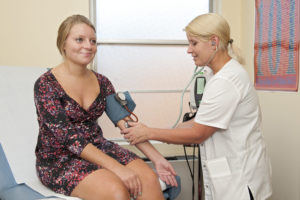
Sharing classrooms and public spaces with thousands of other students makes your campus a hotspot of illness, especially during flu season. We recommend catching up on all immunizations if you haven’t already, as well as receiving the yearly flu shot. It is also imperative that you wash your hands regularly, particularly after using a shared space such as public transportation.
Drink Plenty Of Fluid:
Drinking enough fluids, especially water, is an important aspect of healthy living. Studies show that water loss by as little as 1-2% of body weight can negatively affect attention, mood, and athletic performance. For reference, dehydration of around 1% can initiate the sensation of thirst.
Invest in a reusable water bottle that you can comfortably carry and refill every day. An insulated bottle will help keep your water cold or your tea warm no matter the weather. Whichever bottle you use, just make sure that you are drinking enough fluids to help keep you focused, productive, and healthy throughout the day!
If You Smoke, Quit – If You Don’t Smoke, Don’t Start!
You have likely heard the phrase, “Everything is OK in moderation.” While this holds a semblance of truth for some indulgences, such as the occasional sweet treat, light or intermittent smoking are as much a health hazard as regular smoking. “Social smoking,” as some call it, increases the risk of heart disease, high blood pressure, premature death, cataracts, and cancer while sometimes contributing to slower recovery from musculoskeletal injuries and general decreases in your health-related quality of life. Although occasional smoking is less hazardous than regular smoking, it still poses a significant and unnecessary health risk.
If you smoke at all, whether it be a regular habit or only several times per year, consider quitting smoking. Your physician, university’s student health services, or local health authority likely have resources to help you quit smoking altogether. Do not be afraid to seek these resources, and do not feel embarrassed for using them — they are for your own benefit.
Take Some Time To Relax:
Stress is a compounding issue that can cause a variety of mental and physical health issues, including anxiety, fatigue, headaches, aches and pain, and digestive upset. Develop and maintain a comfortable school, exercise, and sleep routine that fit with your life and your goals. You might find that you no longer have to “make time” for stress-reducing activities, like exercise or meditation — they are built into your schedule.
If you find that stress or anxiety are influencing your quality of life, such as preventing you from sleeping or doing other normal activities, then we strongly suggest scheduling an appointment with your healthcare provider or university’s psychological health department. Remember, there is no need to be afraid or embarrassed to seek help — it is for your own benefit. Learning to manage your stress early is imperative to reducing its toll on your quality of life. Your physician, counselor, or psychologist can make a plan with you to manage your stress as well as seek additional treatment as needed before it affects your academic, professional, and personal life.
If you are a student in college or university, you should always have an urgent care facility nearby in case of any medical emergency. We encourage you to visit Medical Care San Diego if you are looking for an urgent care near UCSD!


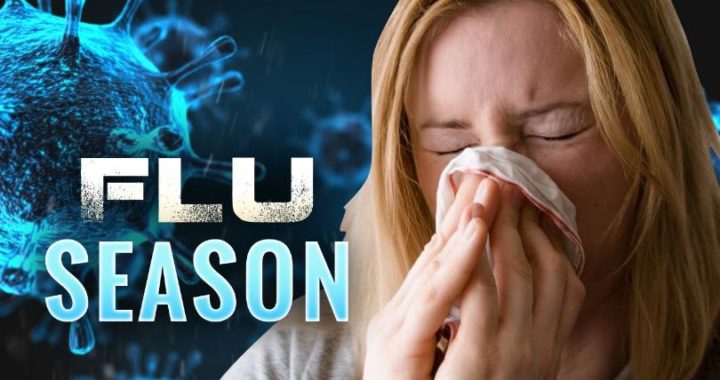
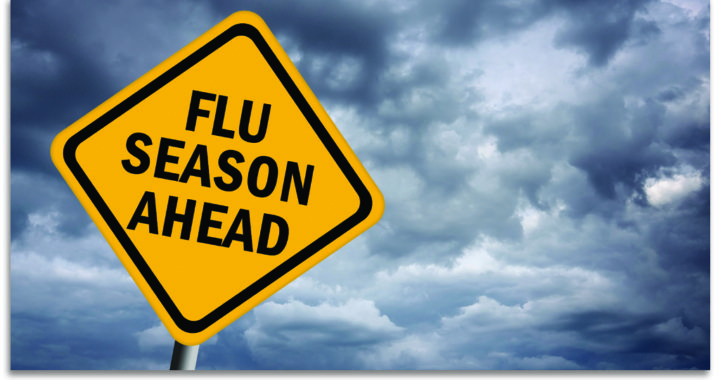
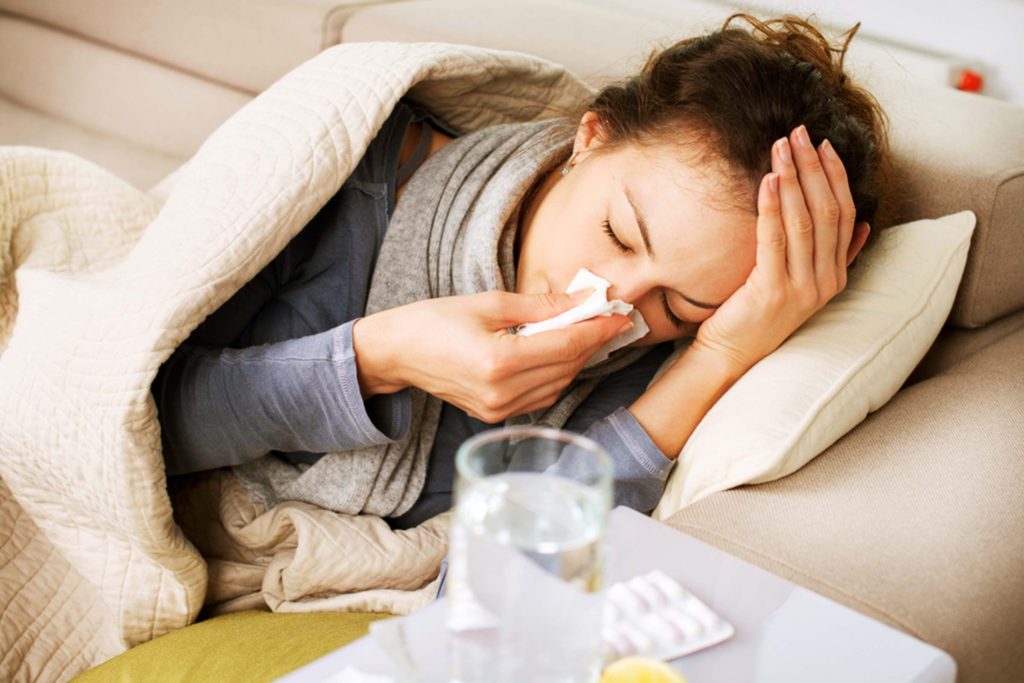 As with many other viral and bacterial infections, vaccinations have been proven to provide safe, effective prevention from this disease. The Health and Human Services Agency and
As with many other viral and bacterial infections, vaccinations have been proven to provide safe, effective prevention from this disease. The Health and Human Services Agency and 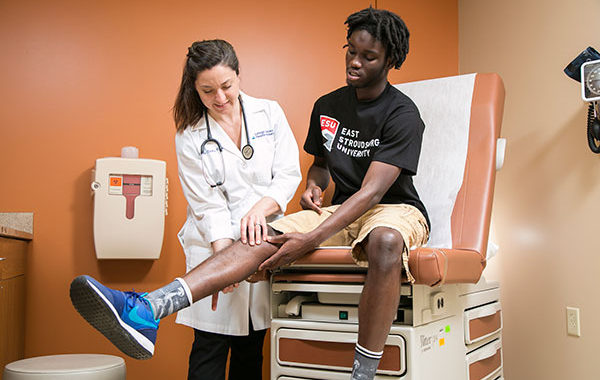
 A respiratory infection can make you feel really sick, although not usually sick enough to require a trip to the emergency room. In some cases a respiratory infection can be treated at home, healing with proper rest, fluids and nutrition. If symptoms are unbearable or continue to persist, you should visit Urgent Medical Center.
A respiratory infection can make you feel really sick, although not usually sick enough to require a trip to the emergency room. In some cases a respiratory infection can be treated at home, healing with proper rest, fluids and nutrition. If symptoms are unbearable or continue to persist, you should visit Urgent Medical Center.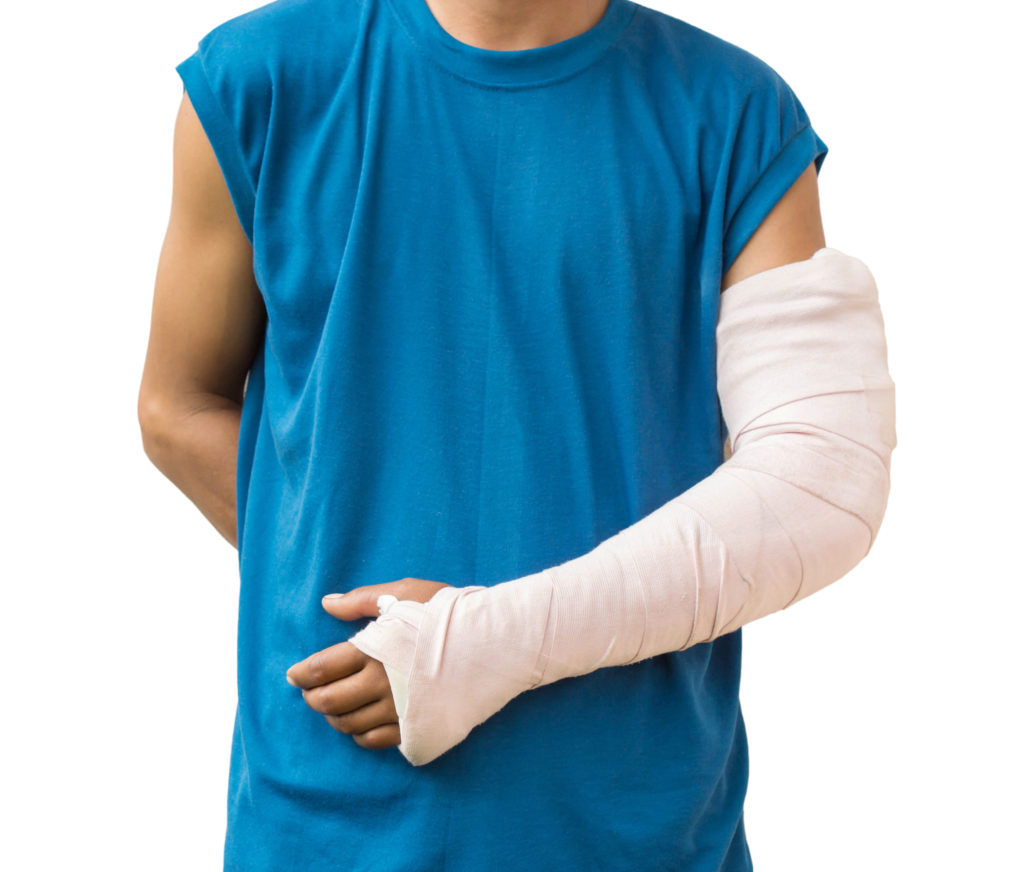 College sports require students to push themselves to the limits, which is why we see many students with overuse injuries come to Urgent Care UCSD. Overuse injuries are usually slow to start, a faint pain that worsens each time you do the same activity. If you do notice this happening, it’s best to take a break and seek medical attention so that you do not risk a serious or chronic injury.
College sports require students to push themselves to the limits, which is why we see many students with overuse injuries come to Urgent Care UCSD. Overuse injuries are usually slow to start, a faint pain that worsens each time you do the same activity. If you do notice this happening, it’s best to take a break and seek medical attention so that you do not risk a serious or chronic injury.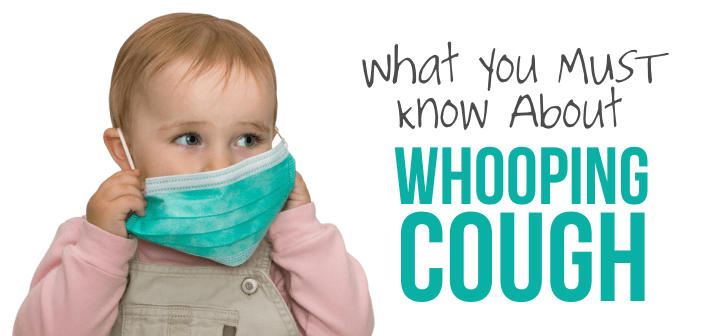
 Because infants do not have well developed immune systems and if in contact with pertussis, it can be life-threatening leading to other complications such as pneumonia, difficulty breathing, dehydration, and even stop breathing altogether. Most infants do not even receive the vaccine until they are 2 months old and will only receive two more vaccinations between that age and when they turn a year old. This first dose is called
Because infants do not have well developed immune systems and if in contact with pertussis, it can be life-threatening leading to other complications such as pneumonia, difficulty breathing, dehydration, and even stop breathing altogether. Most infants do not even receive the vaccine until they are 2 months old and will only receive two more vaccinations between that age and when they turn a year old. This first dose is called 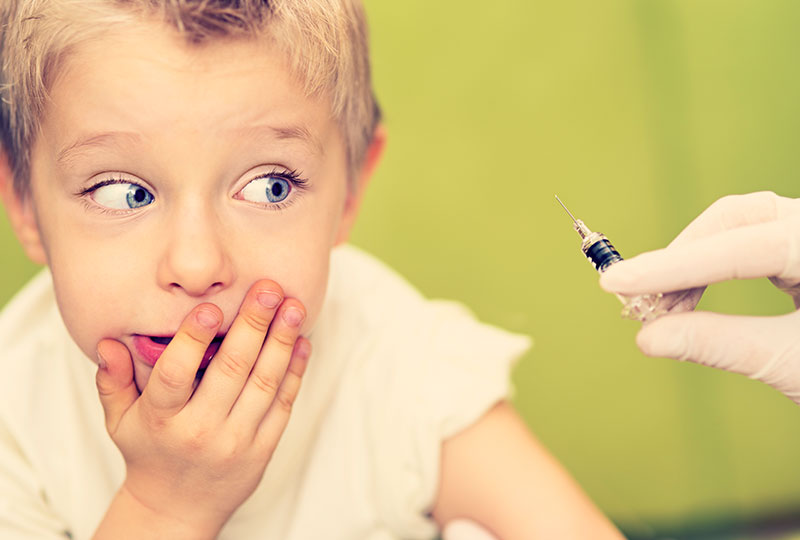 Getting a vaccination will protect yourself, your infants, children, and other members including senior citizens. This can be extremely dangerous for both young and old alike who suffer from Asthma or other respiratory conditions. Play it safe and get vaccinated! Make an appointment with your doctor and get a shot. You will protect those you love, your friends, and even people you have never met. Whooping cough is no laughing matter, it can be very dangerous once contracted.
Getting a vaccination will protect yourself, your infants, children, and other members including senior citizens. This can be extremely dangerous for both young and old alike who suffer from Asthma or other respiratory conditions. Play it safe and get vaccinated! Make an appointment with your doctor and get a shot. You will protect those you love, your friends, and even people you have never met. Whooping cough is no laughing matter, it can be very dangerous once contracted.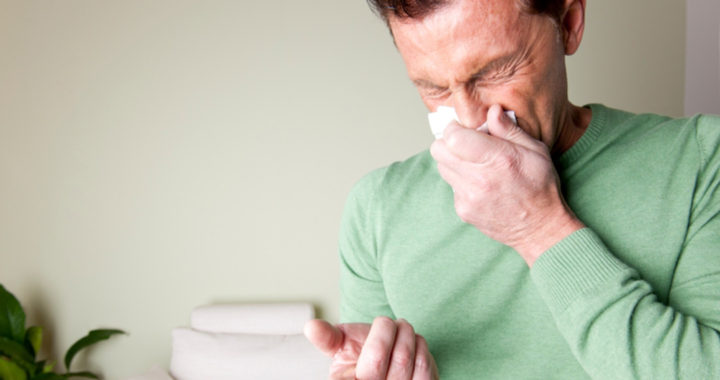
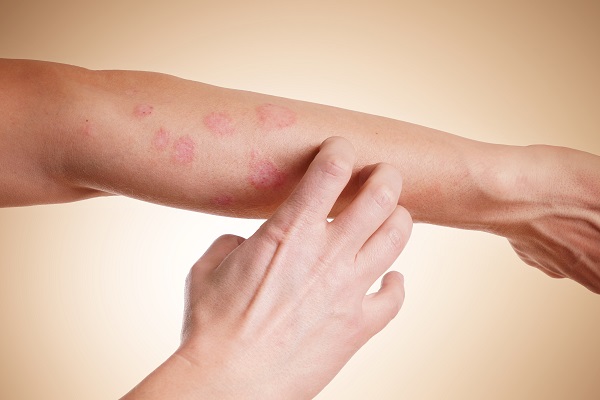
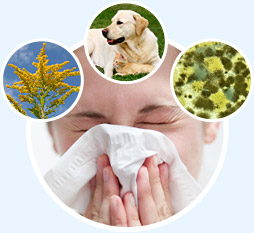 Fortunately, most people who have experienced allergic reactions are aware of it and are prepared to take action. Mild to average symptoms can be easily managed with medications or lotions. On the other hand, if you suffer from severe reactions, you are running the risk of anaphylaxis and must seek medical help immediately! Your doctor or an emergency care center/hospital will treat you and get you on a medication very quickly.
Fortunately, most people who have experienced allergic reactions are aware of it and are prepared to take action. Mild to average symptoms can be easily managed with medications or lotions. On the other hand, if you suffer from severe reactions, you are running the risk of anaphylaxis and must seek medical help immediately! Your doctor or an emergency care center/hospital will treat you and get you on a medication very quickly.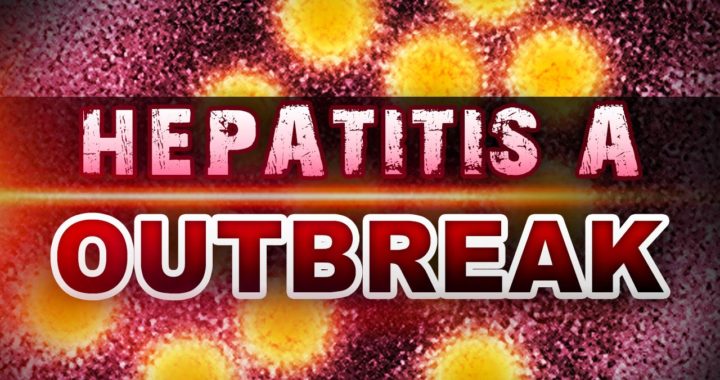
 As many people might not know, Hepatitis A is easily prevented by getting a vaccination. It is highly recommended that children one year of age and older should be vaccinated. Especially susceptible are those traveling outside their country, where risks are even higher. Vaccinations are also highly recommended for those at a higher risk of contracting the infection which include:
As many people might not know, Hepatitis A is easily prevented by getting a vaccination. It is highly recommended that children one year of age and older should be vaccinated. Especially susceptible are those traveling outside their country, where risks are even higher. Vaccinations are also highly recommended for those at a higher risk of contracting the infection which include:
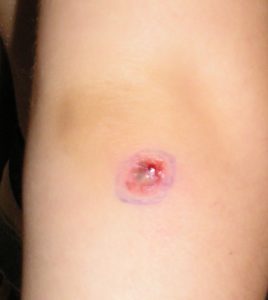
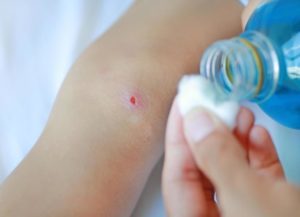


 You probably have heard of melanoma but might not fully grasp how dangerous this condition is. Melanoma is a form of skin cancer that, if not quickly treated, can lead to death. This form of cancer spreads alarmingly fast and though less common than other forms of skin cancer, it’s on the rise!
You probably have heard of melanoma but might not fully grasp how dangerous this condition is. Melanoma is a form of skin cancer that, if not quickly treated, can lead to death. This form of cancer spreads alarmingly fast and though less common than other forms of skin cancer, it’s on the rise! It is highly recommended that you apply a
It is highly recommended that you apply a